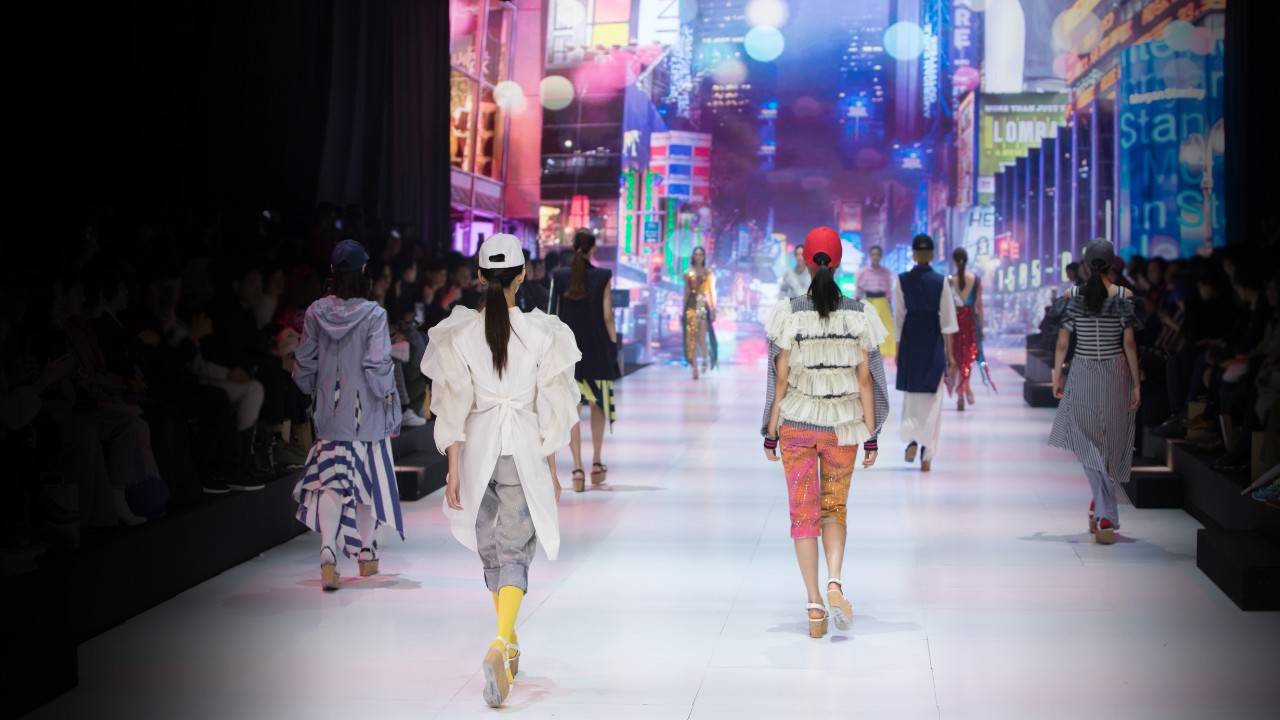As our society is looking to emerge from the coronavirus crisis as a more resilient and sustainable system, a number of industries are planning to include circularity into their business plans.
Even before the pandemic outbreak, we’ve seen many circular economic models in the fashion industry. Some of them aimed to reduce the huge environmental impact of the industry, while others also reaped many economic benefits.
To mitigate the environmental impact of the industry, BSR reports that fashion companies, brands, and designers are increasingly developing circular fashion models that include resale, rental, and repair.
“The vision of ‘circular economy’ presents an economy that is compatible with nature, but we cannot take for granted that it will be inclusive,” says Megan McGill, Senior Programme Manager at Laudes Foundation. “BSR’s work is enabling us to ensure that in our pursuit for a regenerative and restorative economy, we are actively managing and promoting the rights and equity of people touched by the fashion sector.”
BSR also proposes circular fashion business models to be inclusive and fair from the very start, and consider the social impact of the industry, as well.
By adopting a people-centered approach, the industry not only becomes more resilient but is also able to increase the health and safety of workers and communities, as well as provide creative and dignified employment.


